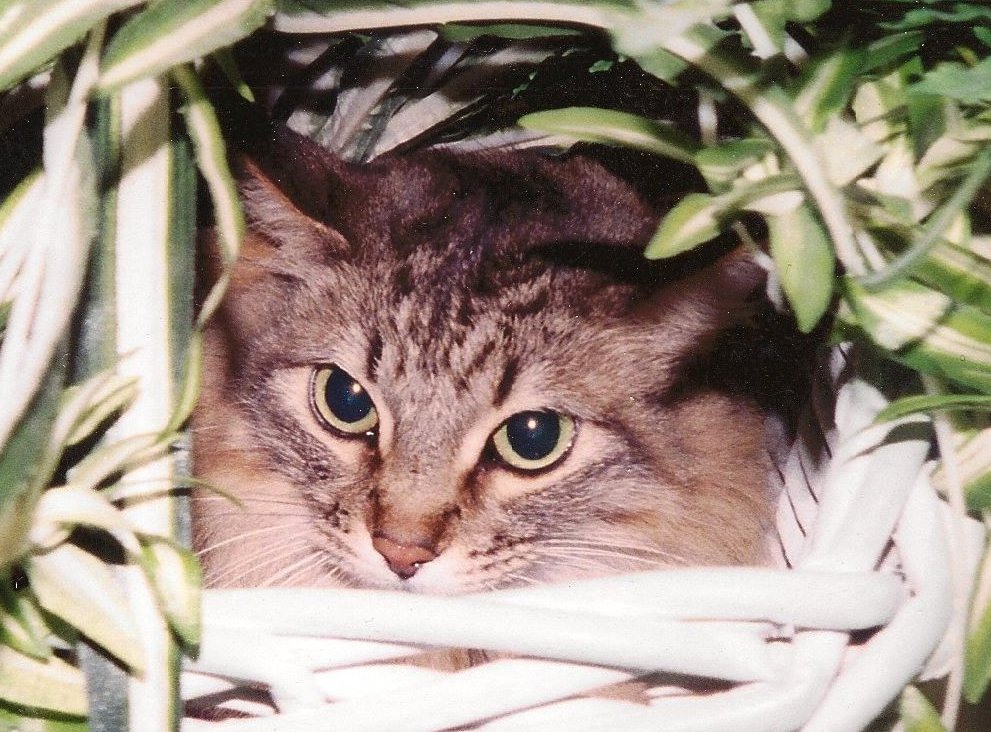|
Poison proof your home
Protect your pet by taking the following room-by-room precautions.
Living Room
-
Check out your plants?both inside and outside your home. Lilies (Lilium and Hemerocallis sp.) can be especially poisonous to cats, so eliminate them from any bouquets.
-
Keep home fragrance products out of reach. This includes open dishes of liquid potpourri and simmer pots.
-
Don?t spray aerosols or any heavily fragranced products around caged birds or other caged pets.
-
Keep ashtrays and nicotine replacement products out of reach.
Kitchen
-
Know what foods are poisonous to pets. Watch out for sugar-free chewing gum with xylitol, raisins, grapes, macadamia nuts, onions, garlic, unbaked yeast bread dough, fatty foods, and chocolate.
-
Keep garbage cans behind closed doors. Trash and compost bins can contain many pet toxins, such as cigarette butts, coffee grounds, moldy dairy products, and chicken bones.
Bathroom
-
Keep medications safely locked up in secure cupboards?don?t leave them on countertops or tables or store them in plastic zippered baggies, which are easily chewed through. This includes inhalers, dietary aides, and nutraceuticals.
-
Never medicate your pets with human products without first contacting your veterinarian.
-
Always check the container before giving medication to your pet to make sure it?s the correct medication, and store your own medications separately from your pet?s. Pet Poison Helpline (800-213-6680) receives many calls from people who accidentally gave their own medication to a pet.
-
Keep pets away from cleaning products. Shut them out of the room while spraying bathroom cleansers or other products.
-
Close toilet lids to keep pets from drinking the water, especially if you use automatic chemical tank or bowl treatments.
Utility room
-
Don?t leave batteries lying around. Dogs enjoy chewing on them, and they can cause serious harm if ingested.
-
Keep glues out of reach?they can be tasty but some may cause serious harm. In fact, certain glues expand greatly in the stomach leading to bowel obstructions. Keep pets out of the room when using glue on a home improvement project.
Garage
-
Ethylene glycol (antifreeze) products are extremely toxic to pets. Choose propylene glycol products as a safer alternative, or keep pets far away from any ethylene glycol product. If you spill any on a driveway, clean it up immediately or dilute it with several gallons of water.
Outside
-
Dogs like to eat certain fertilizers such as bone meal or blood meal. Keep bags tightly sealed and use products according to label instructions.
-
Grub or snail killers?especially those that include metaldehyde?can be harmful to pets. Avoid them if possible.
-
Yard insecticides that contain organophosphates or carbamates can be very dangerous if ingested in high concentrations.
- Keep pets off lawns until commercially-sprayed herbicides are dry.
Source: Pet Poison Helpline, petpoisonhelpline.com
|